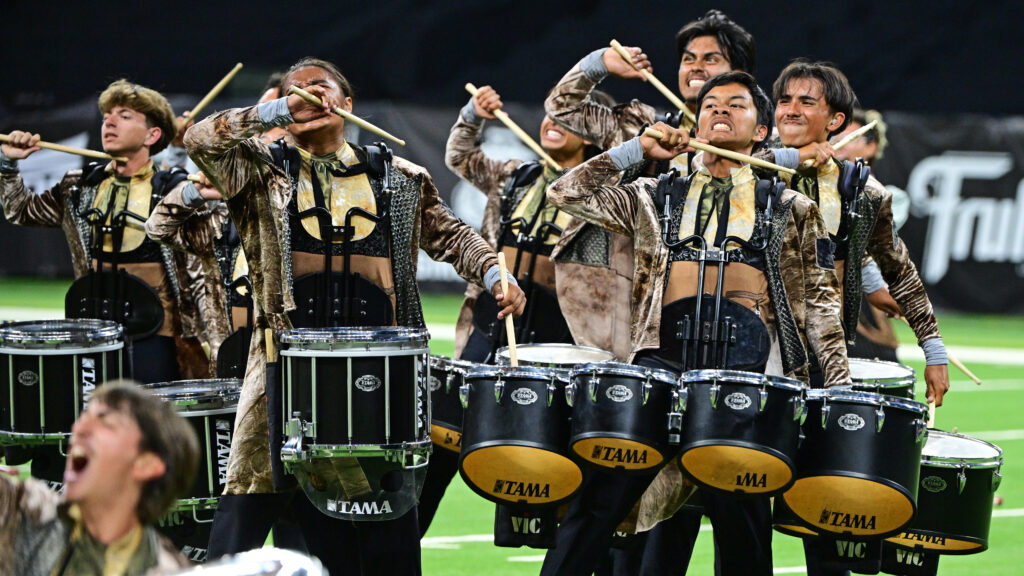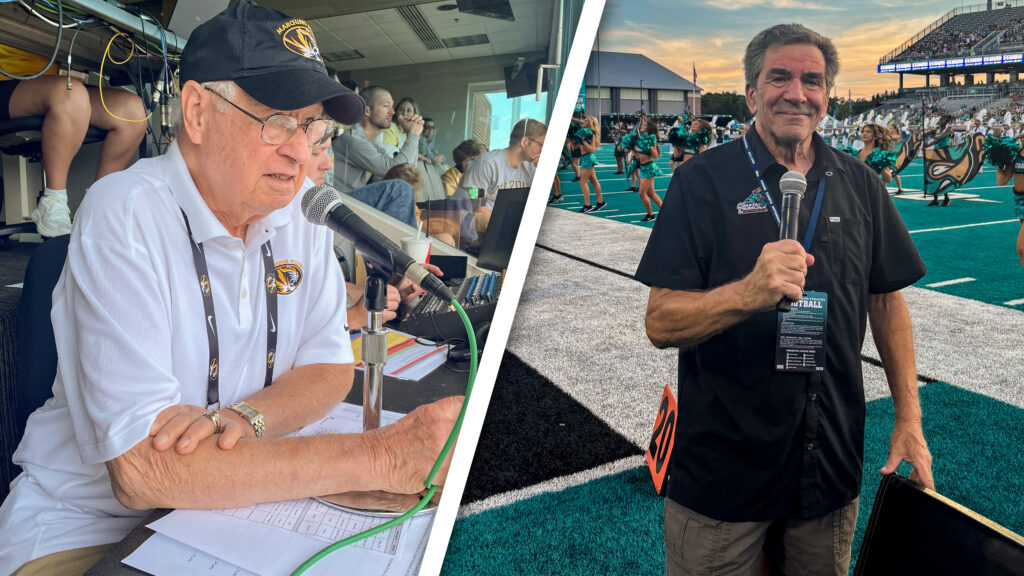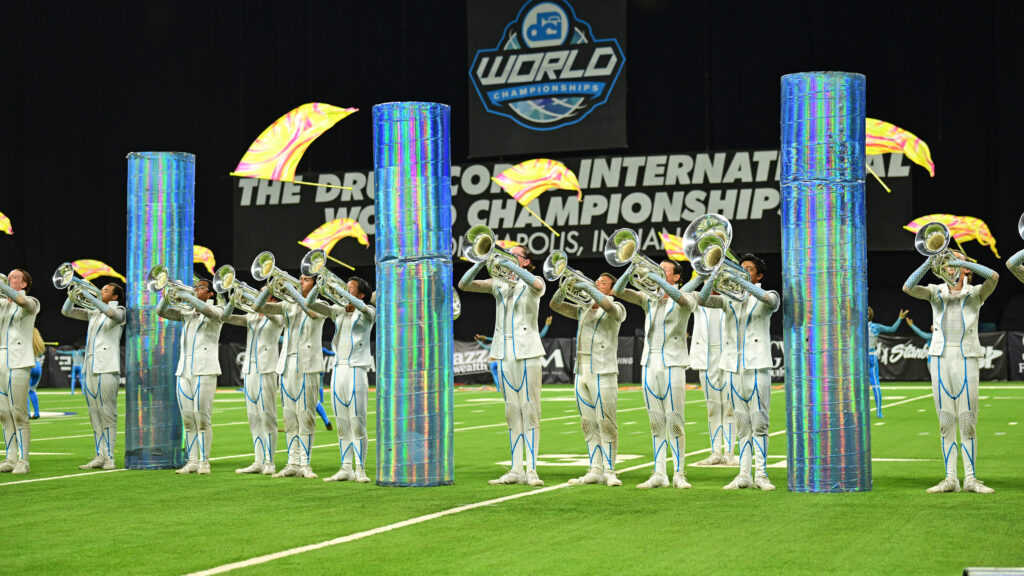Jeni Paulson owns CopyCat Music Licensing and is an expert in the growing field of music licensing. Prior to working with DCI, she worked with the bands competing within BOA with their music licensing and with BOA itself for CDs and videos. She got her training at Hal Leonard Corporation in the music licensing department.
In the old days, each corps held the responsibility for licensing the music the corps was performing. Over the past several years, it became apparent that the corps needed to take a more active stance on complying with copyright laws. Music licensing became a much larger issue that couldn’t be thrown at just anyone. This is where Jeni came in.
From the corps standpoint for permission to arrange, Jeni is up-to-date and aware of the composers whose compositions are off limits or heavily restricted, the publishers that are difficult to deal with, and the best way to approach them to get permission. Sometimes it takes several weeks to track down the rights for more obscure music that a group might find on a recording. Jeni works for each corps directly on securing permission to arrange. However, she’s responsible to DCI on the issue of CD and video licensing, making her a bridge between what the corps wants to perform and what DCI can put on their recordings.
According to Jeni, “The difference between a CD (mechanical) and a video (synchronization) license is that once a song is recorded on CD for the first time, anyone can get a mechanical license under US copyright law to record their own arrangement of the piece on CD. The royalty rate is governed by law and is established by Washington. When we get to DVDs or video, a DVD license is not statutory. Publishers can charge whatever they wish, and they can deny for any reason at all. There is no recourse for an individual corps or for DCI if this license request is denied. The corps that wants the license would have no recourse.
“One of the purposes of DCI bringing me into this process is to advise a corps of any potential pitfalls before it’s too late to change their shows. For example, last year we had a problem with including the Kiwanis Kavaliers on the Division I video. Everything the corps did in putting their show together was correct. However, when DCI applied for the synchronization rights for the Division I video it became impossible to include the Kavaliers due to the demands of the publisher.
“It’s very difficult to get a synchronization license for Beatles music at the moment, despite the fact that getting a license to arrange thier music is easy. The different departments of the company that owns this music have their own set of guidelines regarding what permissions can and cannot be granted. In addition, it is often one company that issues the permission to arrange, another issues the mechanical CD license, and yet another is responsible for the video license. That’s three different companies that administrate the rights to one song.
“Music licensing is not going to get any easier in the future. Companies are going to be paying attention to the world of drum corps. It is no longer a ‘fringe’ industry, and DCI is even higher on the radar when you look at the number of high schools that copy what is done by corps. The Internet gives the activity an even higher profile. Any publisher can go on the Internet, look up a corps’ web page, and read all about how the corps is infringing upon their rights if they know that permission was not secured in advance by that corps.”





